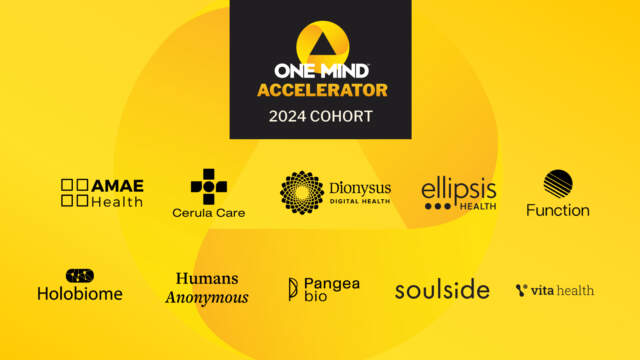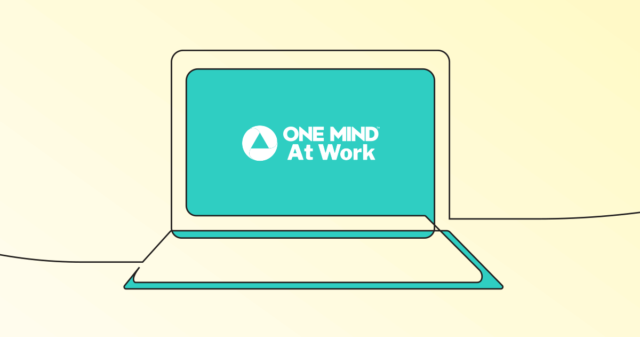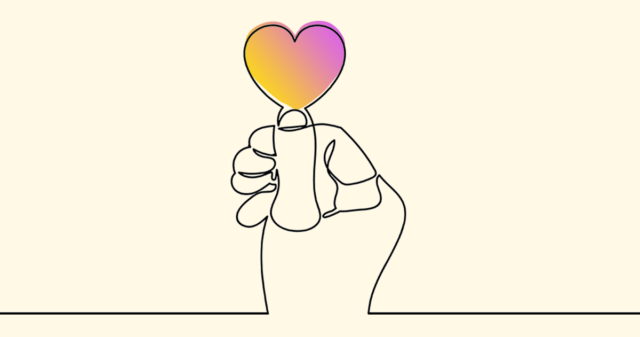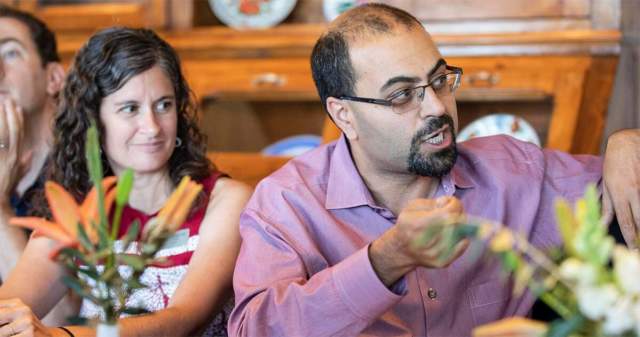Obsessive Compulsive Disorder (OCD)
OCD Defined
Obsessive Compulsive Disorder is an anxiety disorder where people have obsessions (recurring, unwanted thoughts, ideas or sensations), compulsions (the drive to do something repetitively), or both. For the approximate 2.3% of the global population (1 in 40) who have met the criteria for an OCD diagnosis at some point in their lives, the condition can have a highly impactful effect on their life, taking up hours of the person’s day, and negatively interfering with work, family and social relationships.
Although the causes of OCD are unknown, risk factors include genetics, brain structure and functioning, and environmental factors. If left untreated, OCD can worsen to the point where the person is unable to function, or they experience suicidal thoughts. Approximately 1% of OCD sufferers die by suicide.
Symptoms
OCD is a common anxiety disorder that affects people of all ages, although most people are diagnosed by age 19. Symptoms may come and go, ease over time, or worsen.
Not all rituals or habits are compulsions. However, a person with OCD generally:
- Can’t control their thoughts or behaviors, even when those thoughts or behaviors are recognized as excessive
- Spends at least 1 hour a day on these thoughts or behaviors
- Doesn’t get pleasure when performing the behaviors or rituals, but may feel brief relief from the anxiety the thoughts cause
- Experiences significant problems in their daily life due to these thoughts or behaviors
Obsessions are repeated thoughts, urges, or mental images that cause anxiety. Common symptoms include:
- Fear of germs or contamination
- Unwanted forbidden or taboo thoughts involving sex, religion, or harm
- Aggressive thoughts towards others or self
- Having things symmetrical or in a perfect order
Compulsions are repetitive behaviors that a person with OCD feels the urge to do in response to an obsessive thought. Common compulsions include:
- Excessive cleaning and/or handwashing
- Ordering and arranging things in a particular, precise way
- Repeatedly checking on things, such as repeatedly checking to see if the door is locked or that the oven is off
- Compulsive counting
Some individuals with OCD also have a tic disorder. Motor tics are sudden, brief, repetitive movements, such as eye blinking and other eye movements, facial grimacing, shoulder shrugging, and head or shoulder jerking. Common vocal tics include repetitive throat-clearing, sniffing, or grunting sounds.
Comorbidity
Obsessive Compulsive Disorder commonly co-occurs with other illnesses, such as depression, ADHD, bipolar disorder, and other anxiety disorders.
If You Are In Crisis
Call the toll-free National Suicide Prevention Lifeline at 1-800-273-TALK (8255), available 24 hours a day, 7 days a week. The service is available to everyone. All calls are confidential. Contact social media outlets directly if you are concerned about a friend’s social media updates or dial 911 in an emergency.
If you are thinking about harming yourself or thinking about suicide:
- Tell someone who can help right away.
- Call your licensed mental health professional if you are already working with one.
- Call your doctor or health care provider.
- Go to the nearest hospital emergency department or call 911.





